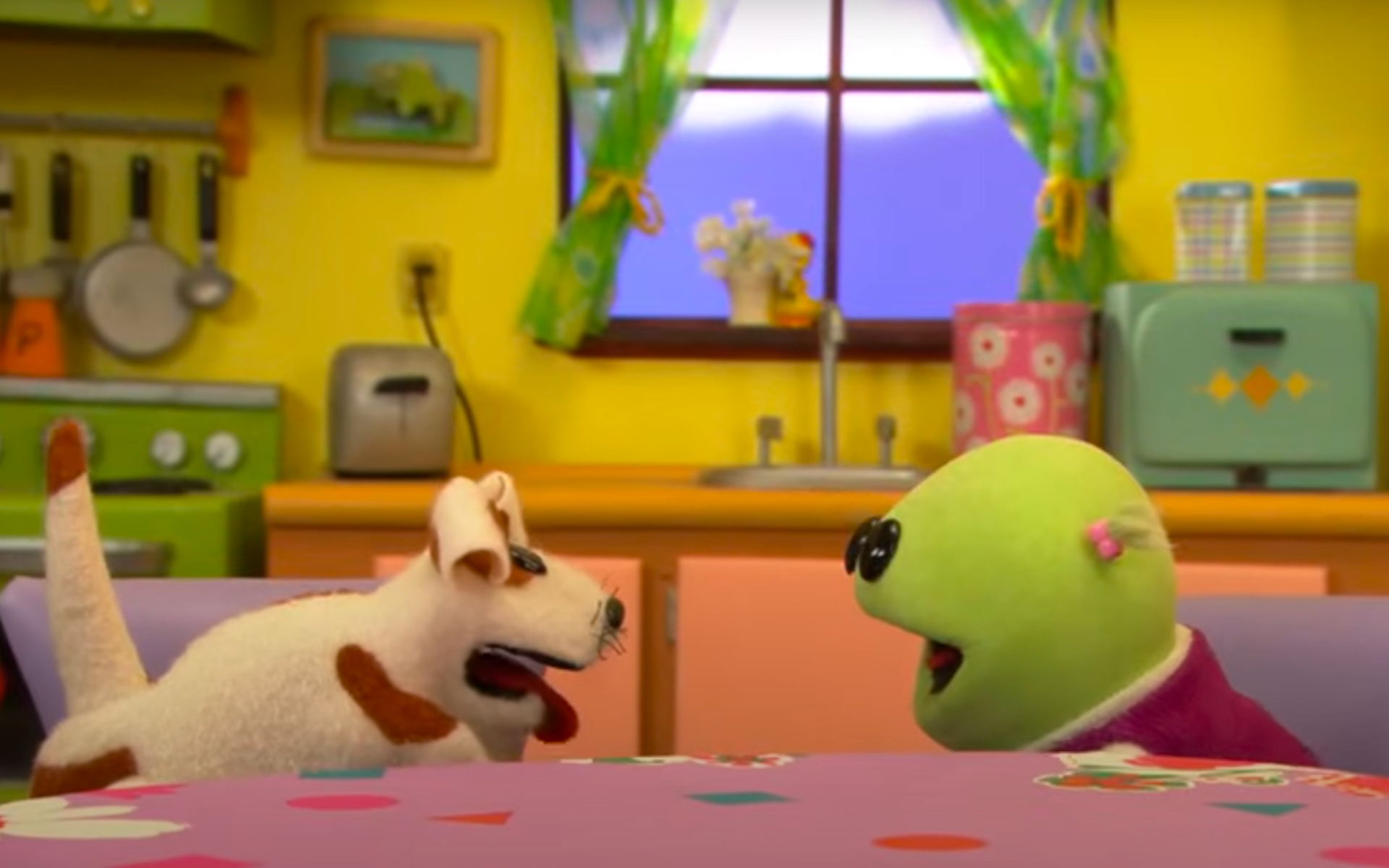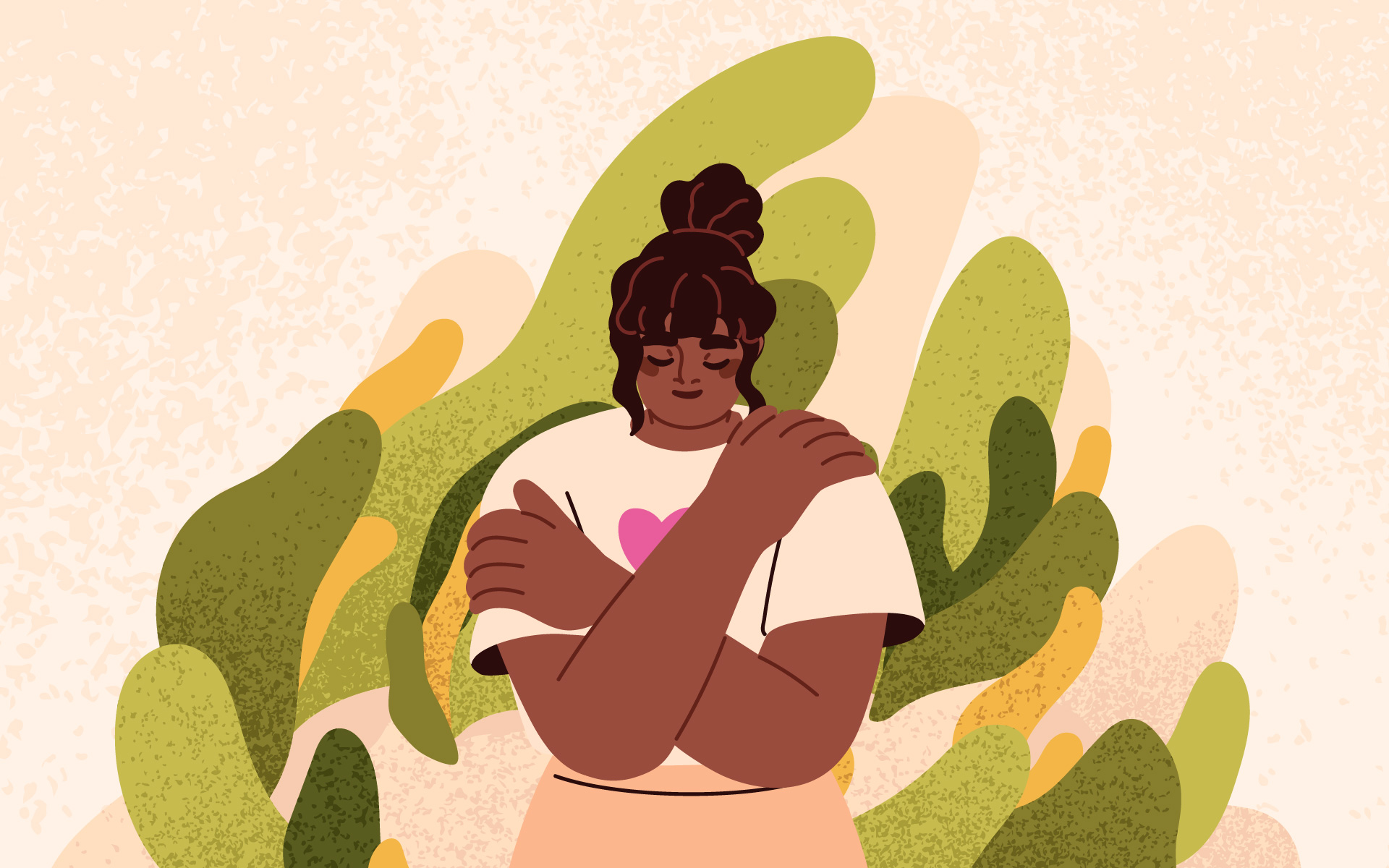My best friend Lori, whom I met in a Scottish highland dancing class when we were nine years old, has a strange hobby. She runs 100-mile ultra marathons in the mountains. For fun. I know, crazy, right? Because I’m the sane one, my hobby is to train my dog, or perhaps she trains me, in agility. That’s where my leopard-spotted rescue mutt joyfully runs through tunnels and zooms over teeter-totters while I puff to keep up. Another hobby is my love life. That’s where I train my sweetie, or perhaps he trains me, in all things sensual and connective. We learn new communication techniques, we make time for lovemaking (which occasionally involves a teeter-totter or puffing to keep up), and we plan romantic adventures together.
But wait. Can your love life be a hobby? You bet it can. In fact I teach couples that the best way to strengthen your emotional and sexual connection is to treat your love life like you do your golf game or pottery class. Think about it. What are the key aspects of a hobby? Well, by definition a hobby is supposed to be fun—we look forward to our golf game with happy anticipation. No matter how busy life gets we make our hobby a priority—we carve out time to caress that pottery wheel. And we take classes or read how-to books to improve our skill at what we love. If you simply point your dog at a playground and say, “Hey! Spot! Go be agile!” you’re going to have a puzzled dog that needs therapy for swing-set trauma and your aspirations will fail. Like great gardens, great relationships need tending. So if you want to make your relationship your new hobby, ask yourself when you last created a fun date with your mate, or planned for passion, or studied to improve your sexual repertoire or communication skills.
When you were first dating you naturally treated love like a hobby. In the throes of early infatuation everything seemed effortless. Thanks to hopping hormones your sex drive was high. Thanks to neurochemicals of love creating mindfulness that resembled obsessive compulsions, your beloved was always in your thoughts and you planned your life around them. The friendship was wonderful. So how do you get that back?
Bids for Closeness
Underneath that deep, seemingly effortless, early passion and intimacy was a hidden skill: the ability to make and accept bids for emotional closeness. According to Dr. John Gottman, the master of marriage research, successful couples are mindful of these bids for connection and pay attention to them. These bids might be a look, a question, an affectionate stroke of the cheek, anything that says, “Hey, I want to be connected to you.” Most bids happen in simple, mundane ways, and if we are mindless we miss the overture.
Gottman’s studies indicate that couples who eventually divorce ignore their spouse’s bids for connection 50-80% of the time, while those in happy marriages catch most of these emotional cues and respond kindly.
Make Time to Connect
Long-term great relationships are not an accident. They thrive by design. Great couples pay attention and create connection. Now, Lori and I quit highland dancing—I hated wearing kilts, and the portly teacher sat on our legs to force our knees to turn out—but our friendship flourished. We raced through our weekend chores so we could ride horses in the mountains all day. Forty years later the 1,000 miles that separate us don’t get in the way of support, love, and laughter. But it takes effort. My sweetheart is my other best friend, and we strive to feed our friendship by catching emotional bids and returning them with presence. These tiny and frequent connections weave an intimate fabric of closeness, creating a blanket of security that wraps us up in love. So give it a try. Make a hobby of your love life and hone happiness habits. Then no matter how life teeters or totters, the two of you can dance in the middle, holding hands, friends for life.







